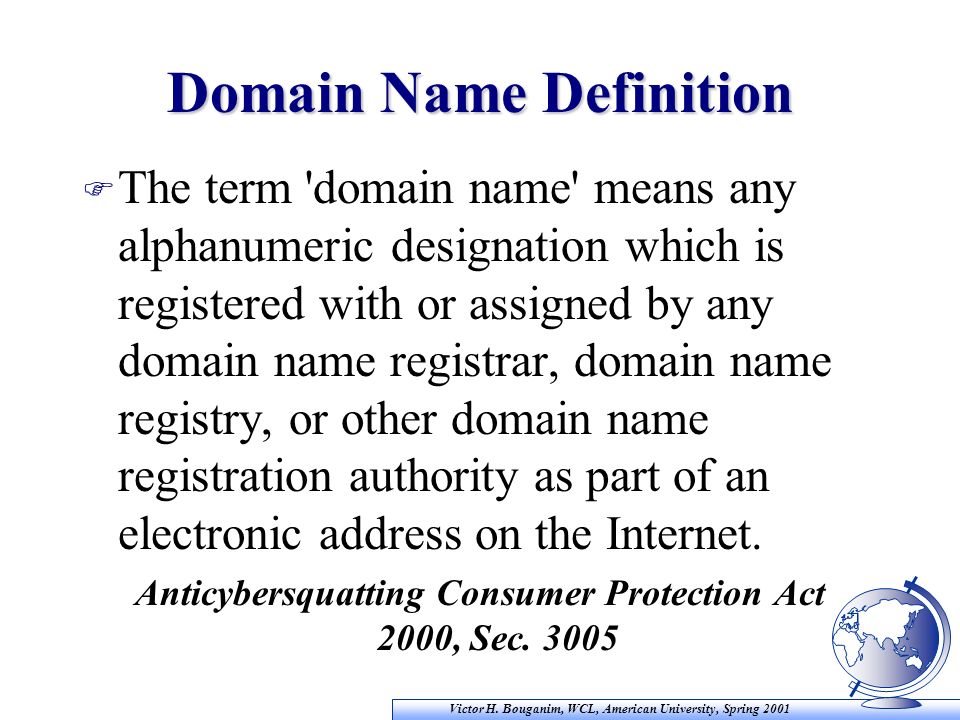Understanding Domain Names under the IT Act of 2000
Domain names play a crucial role in establishing an online presence for businesses, organizations, and individuals. In the digital landscape, a domain name serves as your address on the internet, helping users find and access your website. However, it is essential to understand the legal aspects of domain names to ensure compliance with relevant regulations and laws.
In India, the Information Technology Act of 2000 governs various aspects of online activities, including domain names. The IT Act aims to provide a legal framework for electronic commerce, digital signatures, and cybercrime prevention. Under this legislation, domain names are recognized as intellectual property and are subject to certain regulations.
Registration and Ownership
Domain names are registered through domain registrars accredited by the Internet Corporation for Assigned Names and Numbers (ICANN). When you register a domain name, you are essentially leasing it for a specified period, typically one year. It is essential to ensure that the domain name is registered in your name or the name of your organization to establish ownership rights.
Under the IT Act of 2000, domain name registration is governed by the Domain Name Dispute Resolution Policy (DNDRP). This policy aims to resolve disputes related to domain names, such as cybersquatting, trademark infringement, and domain name hijacking. It is crucial to follow the guidelines set forth in the DNDRP to protect your domain name rights.
Intellectual Property Rights
Domain names are considered intellectual property under the IT Act, and their misuse can lead to legal repercussions. It is essential to avoid registering domain names that infringe on existing trademarks, copyrights, or other intellectual property rights. Doing so can result in legal action, including domain name dispute resolution proceedings.
As a domain name owner, it is crucial to protect your intellectual property rights and prevent unauthorized use of your domain name. You can do this by regularly monitoring your domain name registration and taking swift action against any infringements. By maintaining control over your domain name, you can safeguard your online identity and brand reputation.
Conclusion
Domain names are valuable assets that require proper legal protection. By understanding the legal implications of domain name registration and ownership under the IT Act of 2000, you can ensure compliance with relevant laws and regulations. Protecting your intellectual property rights and upholding ethical online practices are essential for maintaining a reputable online presence.
